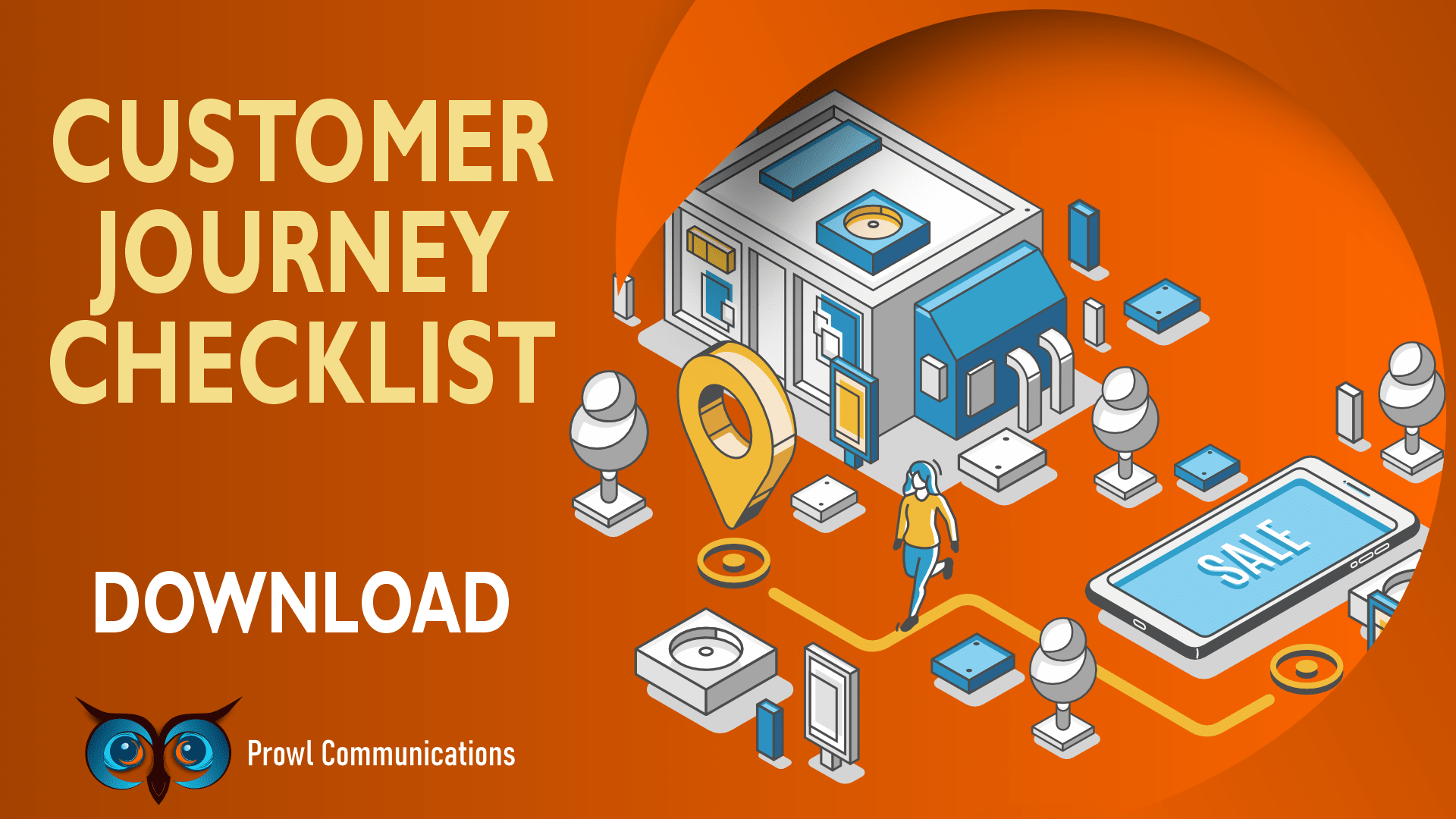'How To Choose A Domain Name' is probably one of the most frequently asked questions by startups and new entrepreneurs.

There are many factors you should know before buying a domain name, with the first being the name itself.
Choose The Best Domain Name
Choosing the best domain name for your business is not always as easy as it seems. If you have a popular name, product or service the best name might already be registered, leaving you lost for what to use. And while it is natural to want your domain to be the name of your company, this may not be possible or the best choice ie. if your company name is ABC Inc., the domain would be short and sweet (a good thing), but it doesn't say what you do; the product or service you sell isn't mentioned and thus there is no keyword in the name of your domain. You would be giving up valuable searches by your potential customers as the domain name plays a strong role in SEO (Search Engine Optimization).
Google recommends 3-4 terms, the shorter, the better; and the name should include keywords relevant to the content you publish/sell.
So if you sell widgets, consider abcwidgets as your domain name instead of abcinc. If you only sell widgets in one city or region, you could also add the city or region name to the url - but only if you do not plan on selling outside of this area. Another consideration would be the province, state or country. ie: abcwidgetscanada.
10 Things To Consider When Choosing A Domain Name
- Does your business name say what you do?
- Is the name 6-14 characters with no hyphens or numbers? Remember short is better.
- Is it branded?
- Will your customers and prospects easily remember it? without spelling it wrong?
- What top level domain (TLD) will you use? (.com, .org, .net - more on this further down).
- Are keywords used in your domain name?
- What happens when you put the name of your business altogether as one word? Do you have double or triple letters? ie: businesssolutions Or when you combine the words in the name of your business when bunched together they say something else? Check out this article on the worst domain names -- some of them are just down-right inappropriate (without meaning to be).
- Do you sell local? Is the city, area, region mentioned?
- Did you research the name? What happens if the domain is typed incorrectly? or doesn't use the right TLD (types .ca instead of .com).
- Can you get the same name for your social media channels? You can use tools like namechk.com or knowem.com for availability of the name you are thinking of.
It is always a good idea to have 3 to 5 alternatives just in case the domain name you want is taken. Also show the list to friends, colleagues, family for opinions - you will find others will think of pros and cons you haven't (just because you're to close to it to be truly objective).
What do you do once you have decided on your domain name?
- Decide on your TLD (.com, .org, .net, .biz, .info, .co, .ca .author) Our recommendation - go with .com! It is the most widely recognized, consumers type this first if they are guessing at your domain or even if they know it, they will in all likelihood type .com first. Using your country code ie: .ca for Canada is a good choice if you are only selling within Canada, or there is a real advantage to telling people instantly you are a Canadian business. We actually recommend registering both .com and your country code (you can point one domain to the other). This is done to prevent others for grabbing up the name in your country or elsewhere. Non-profits, associations etc., often use .org (organization), .net for internet services; .biz, .co, .info for general business and then there are the industry specific TLDs like .author, .marketing, .realestate etc.. These put a keyword in your domain name, but often make the name too long, and consumers are not in the habit of thinking to enter these when searching - as mentioned, they will most often enter .com. Always search the alternatives if you choose .com, check what is registered on .ca or vice versa -- You might unknowlingly give business to your competition should that domain name be registered with a different TLD. And, if that other business name is trademarked or registered, it could be the source of legal trouble down the road.
- Next you will want to check availability - you can do this at domain.com, www.domains.google and through almost any web hosting company. Most domain search tools will tell you A) if the name is available and with what TLD.
 Registering (buying) your domain name:
Registering (buying) your domain name:
- Now this one is a topic for another article, but in a nutshell there are a few things to watch out for:
- Never, ever register a domain within a platform or tool for your industry - it is often too difficult and sometimes impossible to get your domain name back.
- Choose a company that offers good web hosting and branded email services.
- Not all domain registrars offer all TLDs - if registering .ca and .com for example, choose a registrar that will allow for both (keeping the domain in the same place)
- Do not buy a hosting package until you have determined how and who will be building your website - often hosting is included in the service of a web designer and/or build-it-yourself platform. You don't want to be paying twice.
- Beware of the upsell - registrars are known for trying to sell you things you don't need -- do not do it until you have consulted with your web designer.
- Beware of 'free domain' offers - you will want to ensure the domain can be transferred at a later date should your business plans change.
- Do brand your email address to your domain. Look professional on all fronts - one of my pet peeves is businesses that operate with a hotmail, yahoo or gmail email address when they have a strong and excellent branded experience everywhere else.
- Keep your password and username for your domain registrar in a safe place -- you don't want to lose your domain name down because you can't remember where it was registered, or how to access it. This happens all too often when a a startup is using their gmail or hotmail address to register the account, then switches to their new branded email and discontinues the hotmail account without changing the contact information with the registrar.. Proving the account is yours is not as easy as it sounds...
And you thought choosing a domain name was easy....
Debi Katsmar has been building websites for 30 years, if you have questions give PRowl Communications a call to assist with your domain name choices and where to register it.

